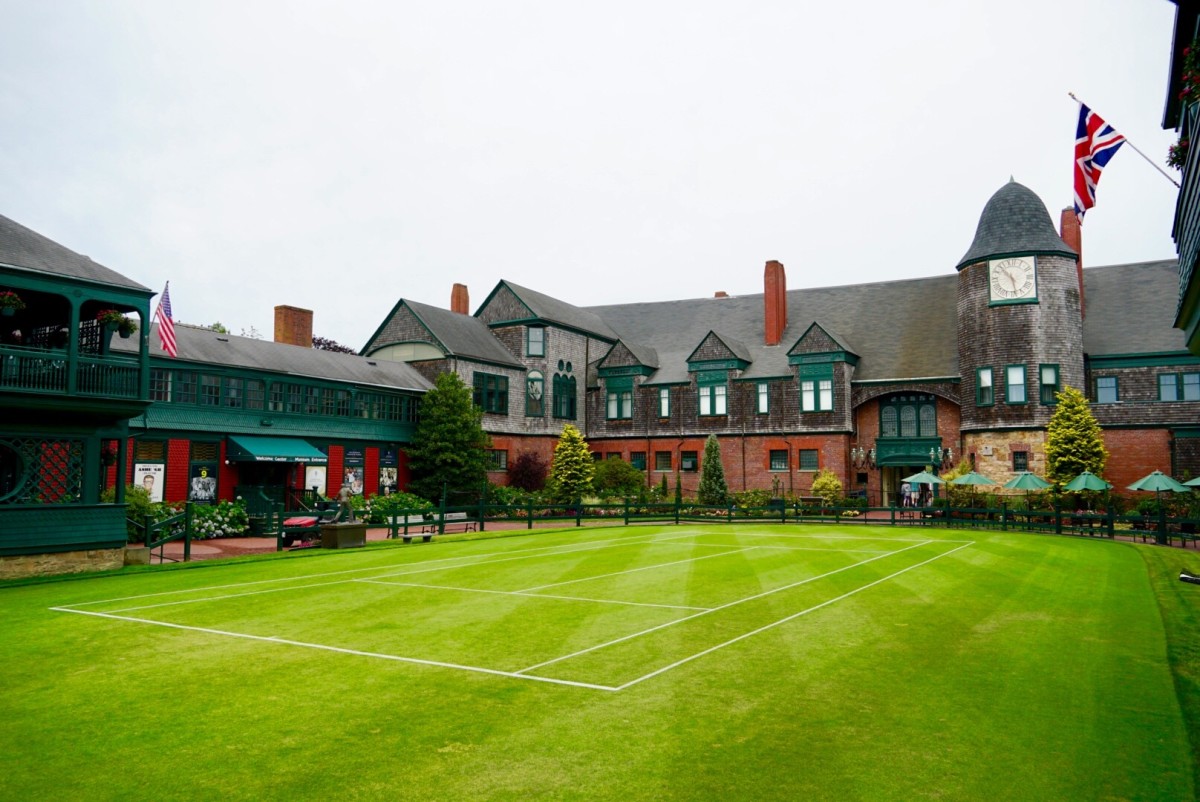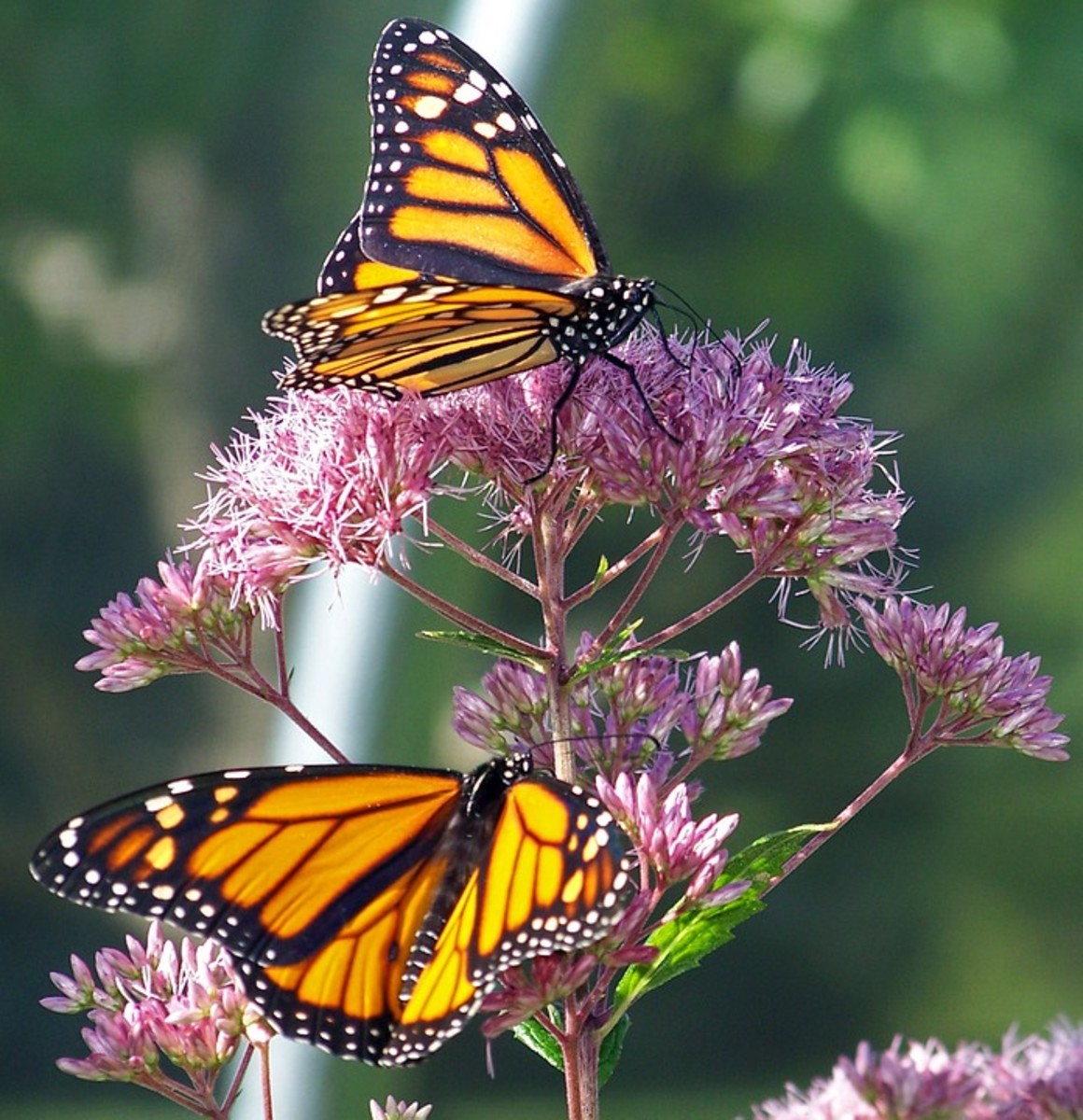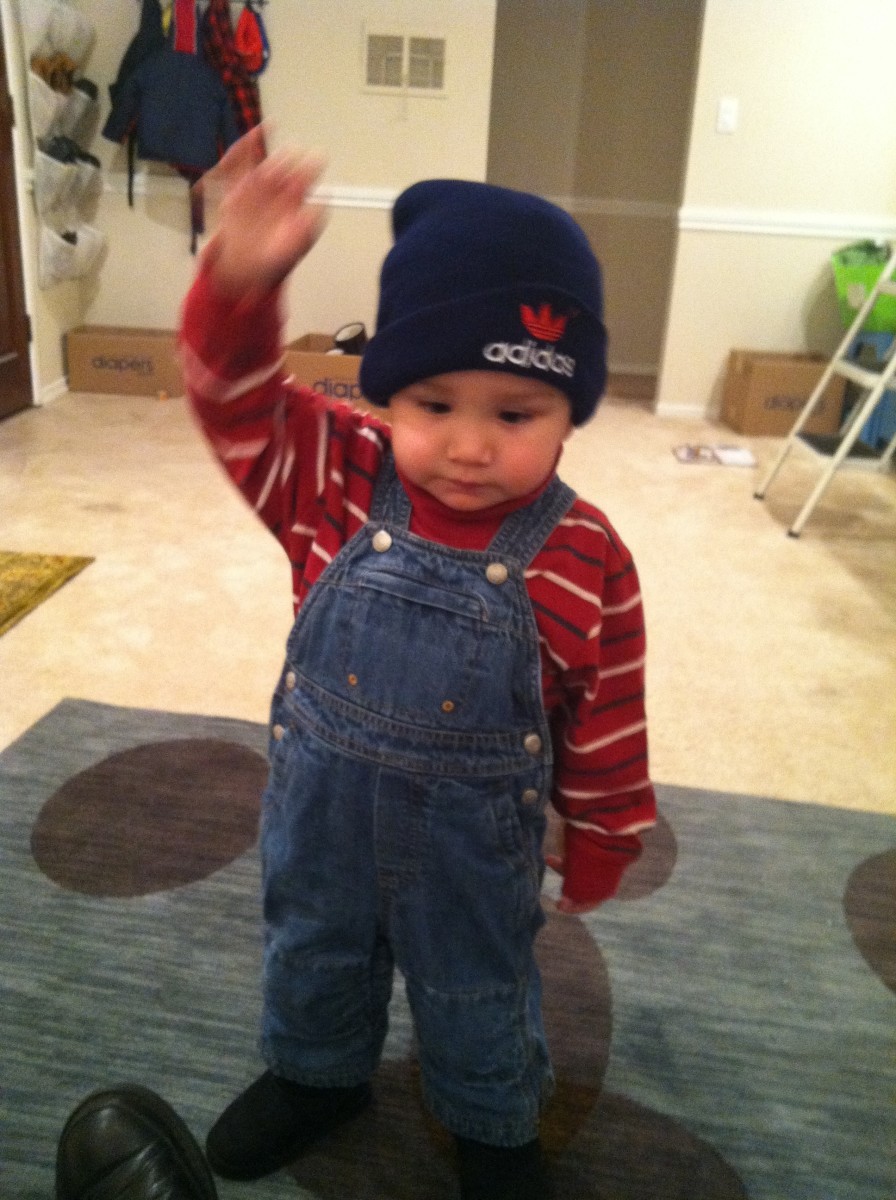How Is Sport An Egalitarian And Empowering Pursuit – Part 1
Background
January 28, 2017 – Serena Williams beat Venus, her older sister, 6-4 6-4 in the Australian Open final.
For a few days afterwards, the highlights of this encounter set in Melbourne was a recurring topic of conversation among family members, friends and colleagues.
At the time, a few thoughts came to mind but, now, topped up by more recent sports news, a fresh mind-meander on the inflated egalitarian and empowering aspects of sports has presented itself.
Only time will tell how well these budding thoughts will blossom – or not.
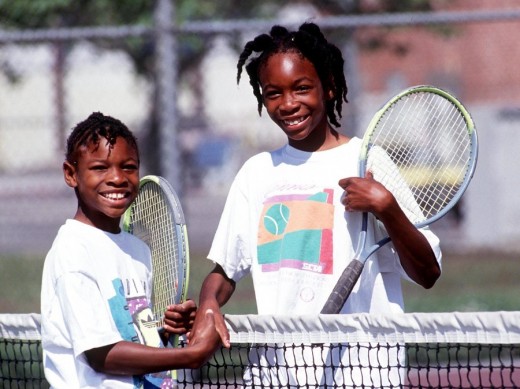
Many would be those who remember a gangly Venus, aged 11, towering over Serena, one year younger, as the sisters hit balls at local charity events.
Already tennis hopefuls in their very early teens, both girls moved on to consolidate alternating reigns over a twenty year period.
At the time of writing, the sisters are 37 and 35 years old and still firmly poised on the two-pronged pinnacle of enduring resilience and fame.
A shift in our karmic blueprint
Yes, an amazingly successful career in the game of tennis has given the Williams' sisters a definite edge in regards to autonomy and self-determination.
In fact, guided by their father and, presumably their mother, too, Serena and Venus have given the world a blueprint of how, theoretically, one can shift one’s karmic circumstances.
That is empowering.
For many, such a calibre of enduring international recognition as that of the Williams siblings is proof that, through a range of circumstance-altering actions, we can become the empowered, self-sufficient masters of our destiny - which is correct but only up to a point.
Yes, we can do it
That premise is correct if, by ‘destiny’, we mean the upgrading of our social status via a combination of hard work, a degree of posturing, power dynamics that grab the beholder’s attention and hard choices.
All of which leads either to the swelling or shrinking of our bank accounts.
All of which culminates in a fabricated core identity.
It is also correct if, by 'destiny', we refer to the apparent liberty of choosing how we get most of our ‘highs’ while refusing responsibility for most of our ‘lows’.
No, we can't do it
Generally speaking, we remain scarily unaware of the gathering subterranean ripples any of these choices are generating, as we speak though they will reveal themselves moments later or years later - always in the fullness of karmic time.
Thinking that we are truly the masters our fate is incorrect when it comes to the plot beats of our emotional and physical health.
It is also incorrect when it comes to the time, place and manner in which we will exit this lifetime.

Changes that shape us
Yes, of course, our mind changes our body, and our body changes our mind.
For better or for worse, our behaviour is constantly altered by thoughts first triggered by emotion. These thoughts lead us to verbals and to non-verbals which, together and separately, influence how people perceive us and betray how we perceive ourselves.
Thoughts also prompt us to action as often as to inaction and, out of that constant shuffle, spring outcomes of varying quality and intensity.
Yet, like gusts of wind rippling the surface of a lake, all this moment by moment, emotionally-driven movement rearranges only the surface of our personal landscape. Whatever is in motion below remains unmoved until a shift in karmic purpose exposes it fully.
We, then, have to deal with either an 'unlucky' circumstance or a 'miracle' event.

What we can't prepare for
Perhaps, as an illustration, and with much empathy and compassion, we could consider Venus' current nightmare at the time of writing, July 2017.
Though she did her best at Wimbledon back in June, in spite of her battle with Sjogren's syndrome, a debilitating auto-immune disease, Venus is currently immersed in a different nightmarish situation.
“Life, you can’t prepare for everything,” she said, referring to a car accident in which she was found at fault and, considering her car was travelling only at 8km/h at the time of impact, resulted in the confounding death of an elderly man.
“I prepared for a lot of matches, tried to get ready for whatever my opponent will throw at you," Venus added, "but you can’t prepare for everything."
Indeed. Equally, we, humans are not gifted with foresight.
As if the horrifying memory of having, however accidentally, terminated a life and brought grief to strangers were not enough, Venus has to steady herself for the lawsuit launched by the family of the deceased.
They say that sports empower all and foster equality
Back on the topic of equality and power, what remains dubious is how the achievements of uber female athletes have, so far, helped empower girls and women by shrouding them with the cloak of equality in the real-world arenas of the home, our streets, schools, workplace and social media.
Sadly, Serena, herself, is the ongoing target of body-shaming, callous vilification and name-calling perpetrated by men and women alike.
It is equally unclear how generations of successful male athletes have helped shift the mindset of boys and men when it comes to respecting the physical differences between genders and the body shape of both, even those of excelling peers.
Flexible thinking can go a long way
While most parents would choose to move their daughters away from a dangerous, gang riddled neighbourhood, it is well-documented that the Williams family moved to Compton, California, precisely because of its high rate of gang activity.
Said to be a flexible thinker, the girls’ father deliberately exposed his very young daughters to graphic aspects of the fate that, he felt, would befall them if they failed to study hard – and dedicate themselves to tennis.

Sibling love and respect is empowering
Here is a state of things that is empowering and worth emulating: the Williams sisters are said to be, and probably rightly so, the best siblings in sports’ history. It is not the result of the see-sawing wins of one and the defeats of the other, but of the love, they feel for each other.
Indeed, if the end-of-match hugs and speeches are anything to go by, the connection between the Williams sisters has evolved as a great story of sibling love and respect.
And, so, even those of us who are not particularly interested in tennis can afford to spend a few minutes looking at that specific aspect of the sisters’ achievements.
“It’s the one time that I really genuinely feel like no matter what happens. I can’t lose - she can’t lose. It’s going to be a great situation,” said Serena, in reference to the final of the Australian Open.
One of the sisters had to lose, and the other had to win. Serena won.
Serena won.
Over the decades, whether Serena and Venus played against each other or others, they fought for each point with a determination akin that of the desperate seeking to survive – as does every other highly committed person regardless of their chosen path.
What is relevant to this mind-meander is that, though the ‘girls’ did not necessarily put family or each other first, they did, however, manage a public example of how to generate equal marks of respect for the winner and the vanquished without whom there would be no victory to savour.
“Congratulations, Serena, on your number 23,” said Venus. “I have been right there with you. Some of them I lost right there against you. Your win has always been my win."

The end result
The overall result of a father’s attempt to enable his daughters to make the best possible life for themselves is that Richard Williams, a former sharecropper from Louisiana, with the support of the girls' mother, Oracene, has engineered one of the greatest life stories ever in the world of sport.
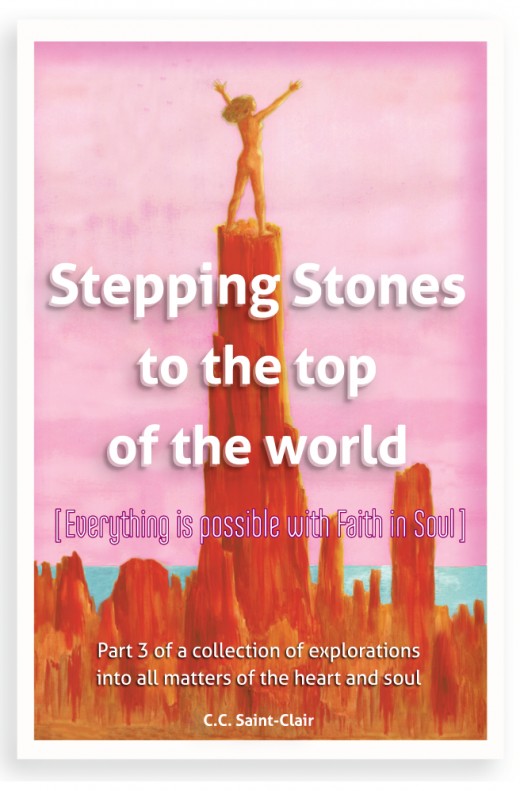
© 2017 Carole Claude Saint-Clair

